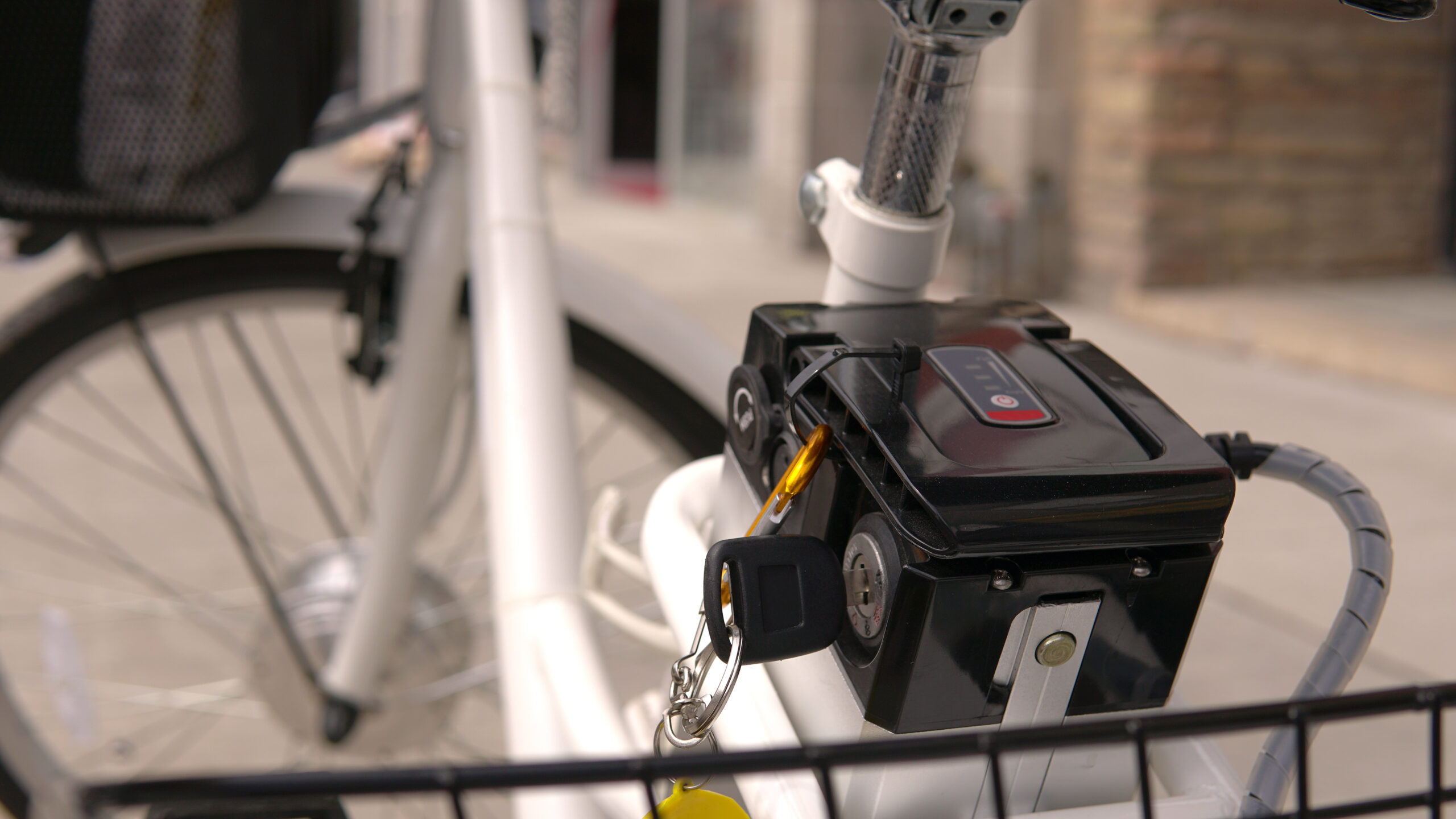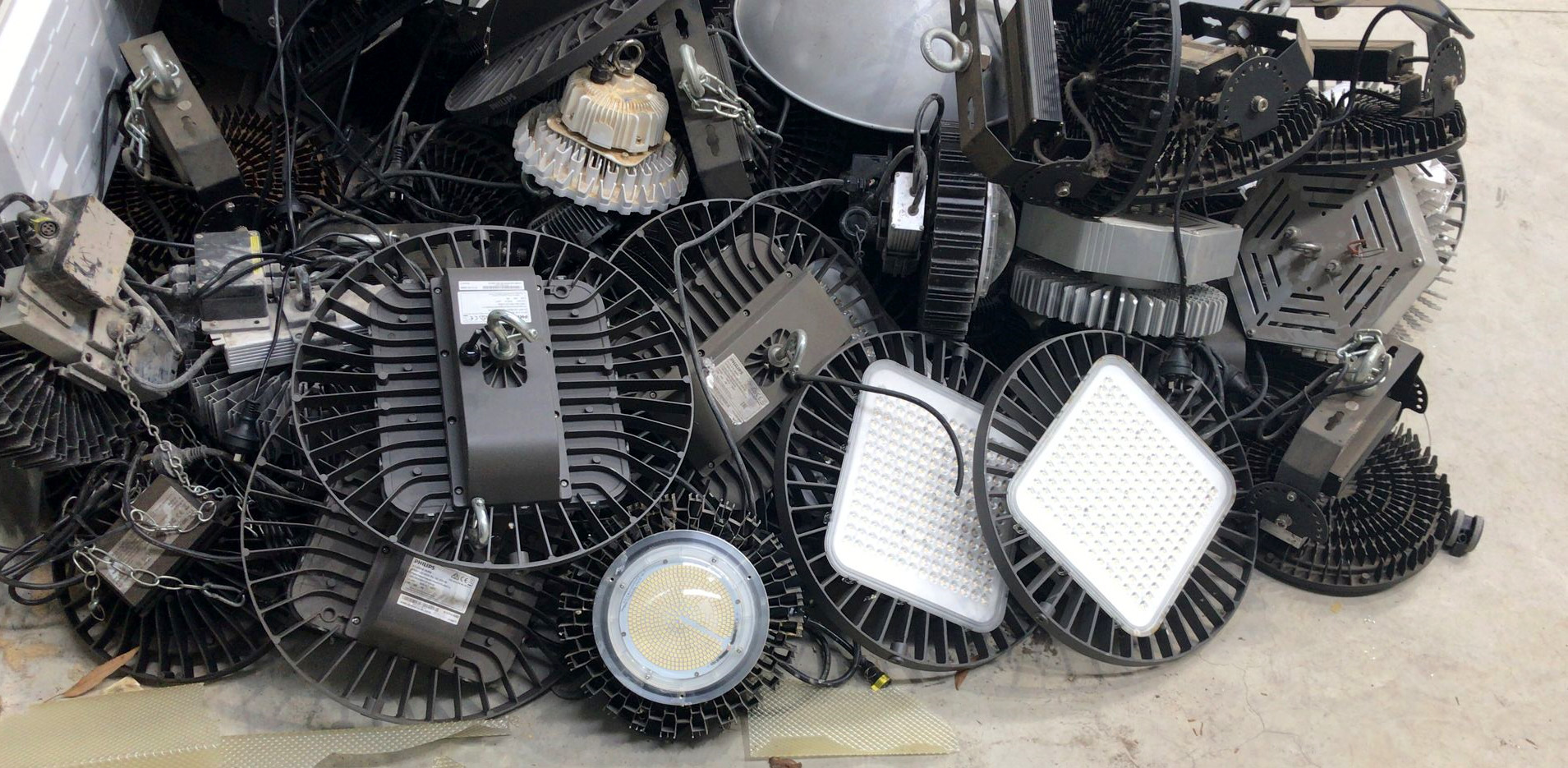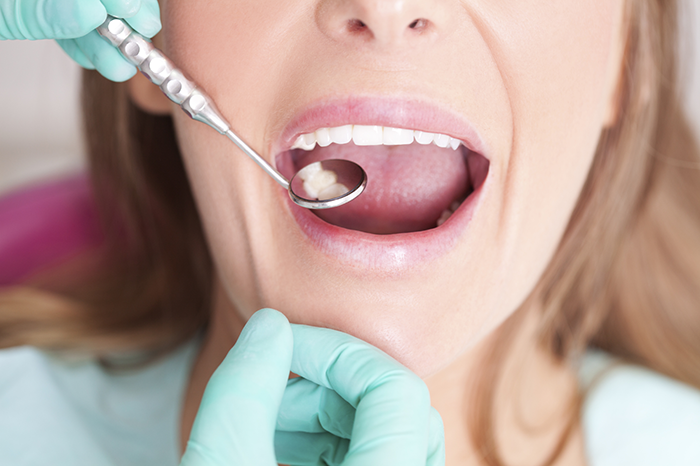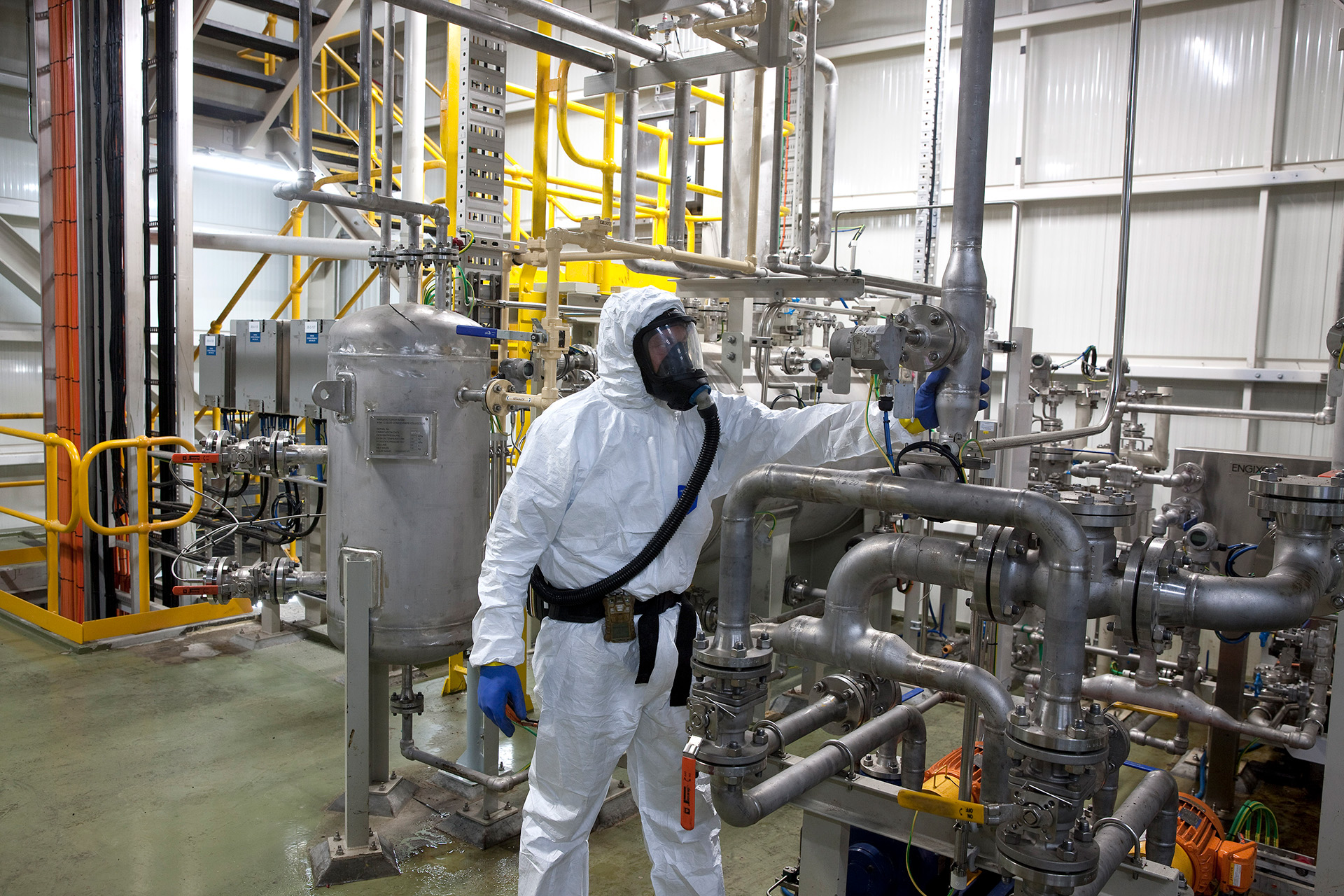Nearly 60 years ago doctors in the Japanese city of Minamata started to see patients with unusual and distressing neurological symptoms that, in many cases, lead to death. After much investigation the cause was found to be the methyl-mercury that had been released into Minamata Bay by a chemical factory. There it was taken up by fish and shellfish that were consumed not just by humans, but cats, dogs and pigs. Both the company responsible and the Japanese government were very slow to act, and so-called Minamata disease went on to maim and kill thousands of people and countless animals.
But Minamata is far from the only place where mercury is a problem. The metal is used in a numerous industrial processes, in small-scale gold mining, a wide range of equipment and in dentistry. It is also emitted by coal-burning power stations. Now a new international convention, fittingly named the Minamata Convention on Mercury, is set to tackle the threats posed by mercury wherever and however it is used.
Facilitated by the United Nations Environment Program the convention was agreed in January 2013 and signed by 101 governments. Fifty countries need to ratify the convention for it to come into force and so far only one, the United States, has done so.
Australian Progress On Mercury Pollution
It is highly likely that Australia will ratify the convention once the government completes its consultation process. The Minamata Convention requires Parties to “address mercury throughout its lifecycle, including its production, its intentional use in products and processes, its unintentional release from industrial activity, though to end-of-life aspects including waste, contaminated sites, and long-term storage”. It has far-reaching and possibly unintended consequences, so it is important to get it right.
For example, the convention encourages a move away from the use of dental amalgam as about half of the weight of each amalgam filling is metallic mercury. In its response to the government’s discussion paper the Australian Dental Industry Association (ADIA) points out that, in some situations, “dental amalgam is the clinically superior option”. So while supporting ratification, the ADIA says it “should not adversely affect the availability of mercury required for the manufacture of dental amalgam, nor should it impede access to dental amalgam.”
The Importance Of Recycling Amalgam
The ADIA recognises that once amalgam is removed and flushed down the drain it becomes a source of environmental mercury contamination. It therefore encourages the Australian government to promote the adoption of amalgam separators by dental practices. As we’ve pointed out, only a small fraction of amalgam waste is currently trapped and recovered through our recycling program, yet separators are readily available. For example, we provide solutions that are compatible with existing suction systems from companies such as Cattani, Metasys and Durr, to name a few.
Dental amalgam provides a perfect example of “closed loop” recycling. The mercury from old amalgam fillings is recovered and used to make new amalgam fillings in a process that can be repeated indefinitely. Strange as it may sound, dental amalgam is actually a safe way of “storing” mercury.
There is another reason why recycling mercury will become more important. A key aim of the Minamata Convention is to reduce, if not eliminate the primary mining of mercury. Amalgam fillings aside, there will remain a number of applications in which ongoing use of mercury will be necessary. Whether it’s from dental amalgam, thermometers, industrial equipment or mining waste, the need to recover mercury however it is used will continue to grow.
Doing Your Part
If you’re an Australian business help keep mercury out of our waterways by ensuring you have a program in place for the collection and recycling of lighting, e-waste and batteries waste.
If you’re a dental clinic, we can also fit, service and replace dental amalgam separators in your clinic.
Call us on 1300 32 62 92, or fill out the form and one of our recycling specialists will be happy to design a recycling program specifically for your business.






